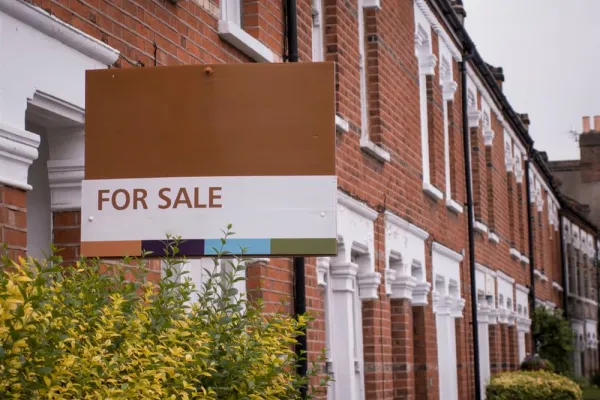Buying a house is a major financial decision.
It’s essential to get great value for money.
There are several ways to tell if a house is overpriced in the UK. We’ve explained these below.
Steps for checking overpricing
1. Start by researching the market
Research the selling price of similar properties in the past year. Then check the asking prices of similar houses listed on the market.
With the latter, remember that they may not get this much.
Keep up to date with how the local property market performs.
Are house prices above the county average, or below? And how have they changed this year?
2. Find out the property’s history
Checking the history of a property can reveal valuable insights that will help determine its actual value.
Check if the property has been on the market before.
A history of unsuccessful listings should raise concerns about their asking price. Or it could be due to underlying issues.
Investigate if the asking price has changed during the current listing.
Frequent drops might show the seller is overpricing it.
3. Consider other factors
Speak to other estate agents in the area. They can share details about market performance and potential challenges.
Try to understand the lease length and its impact on leasehold properties. The closer you get to the lease expiry, the more the value will drop.
For instance, a property with 20 years more on its lease than another property will be worth 10% more.
You should keep an eye out for seller’s strategies, too. Sellers often ask for more than it’s worth.
Unless the property has unique features or is in high demand, try to negotiate below the asking price.
This can save you money and ensure a fair deal.
Be realistic and consider the demand for properties in the location. In high-demand markets, sellers might have less incentive to negotiate.
But there’s always more room for negotiation in areas with lower demand.
4. Get a house survey
If your offer on a house is accepted, you should pay for a survey. This alerts you to issue you may not be aware of.
It can confirm whether your price is reasonable.
What happens if a house is overvalued?
If a house is overvalued, it may struggle to attract buyers, leading to extended time on the market.
Sellers may need to adjust the price to align with market expectations.
But if you buy an overvalued house, you may struggle to sell it at a similar price.
Should I pay more than the market value for a house?
Paying more than market value for a house is generally not advisable.
But it may be ok if:
- You believe demand is likely to increase in the area (because of upcoming developments, for example)
- The property compares well to other similar available ones (i.e., you feel you have found a good deal).
Do estate agents undervalue properties?
While some may argue that estate agents undervalue properties to help quicker sales, it’s not always true.
Most estate agents will try to value a property at or above market value to ensure the best final sale price.
Is 10% under asking price a fair offer?
Offering 10% over the asking price is a good offer in a competitive market. It’s guaranteed to get the attention of the seller.
However, buyers must be comfortable and willing to buy a house above its value.
















